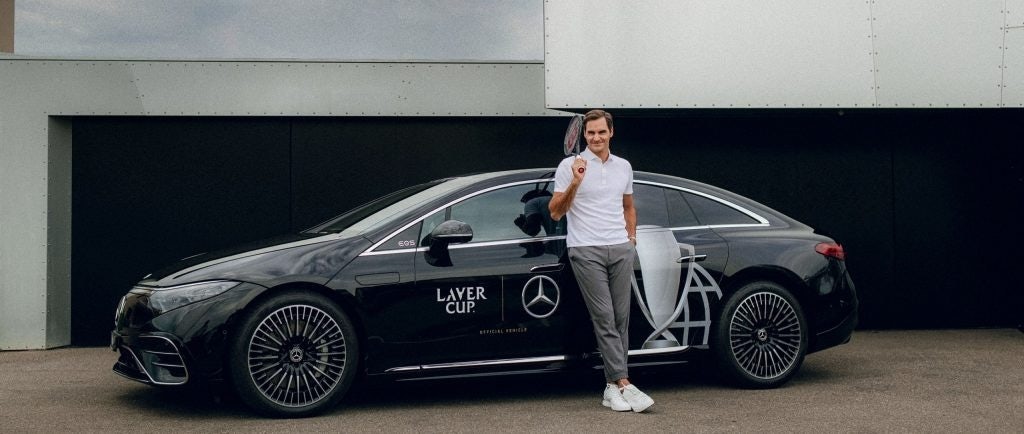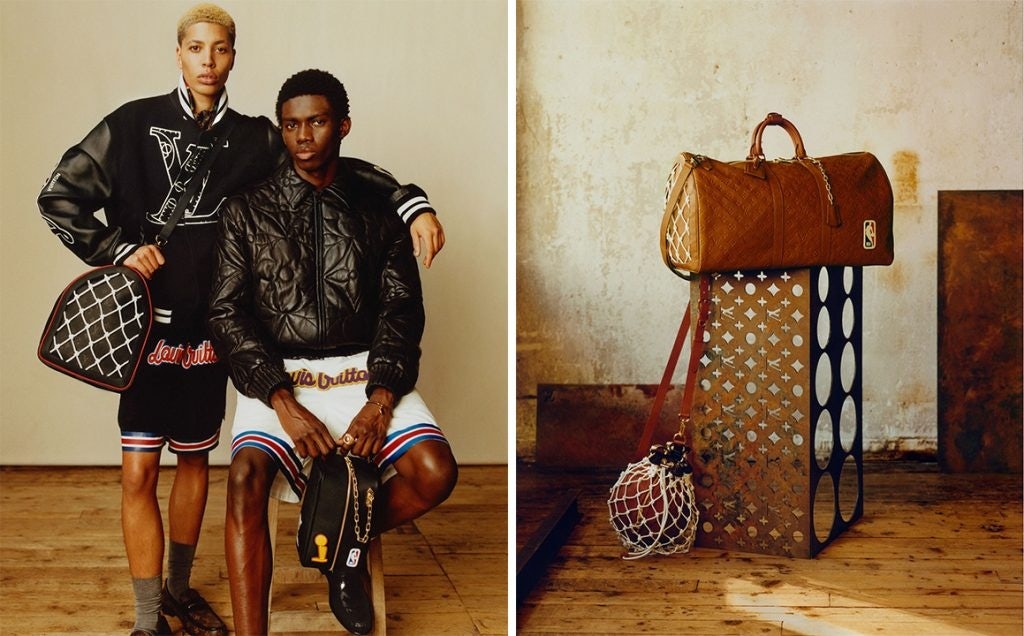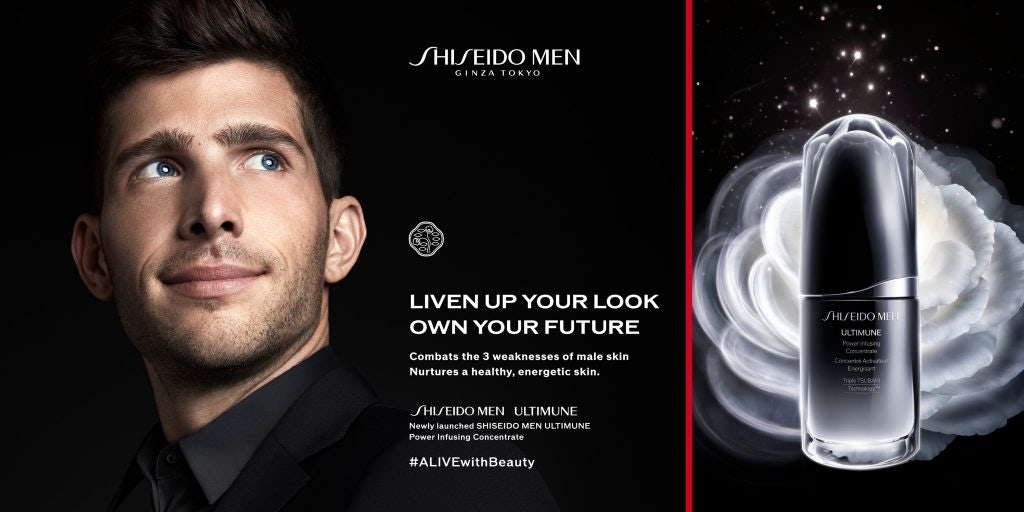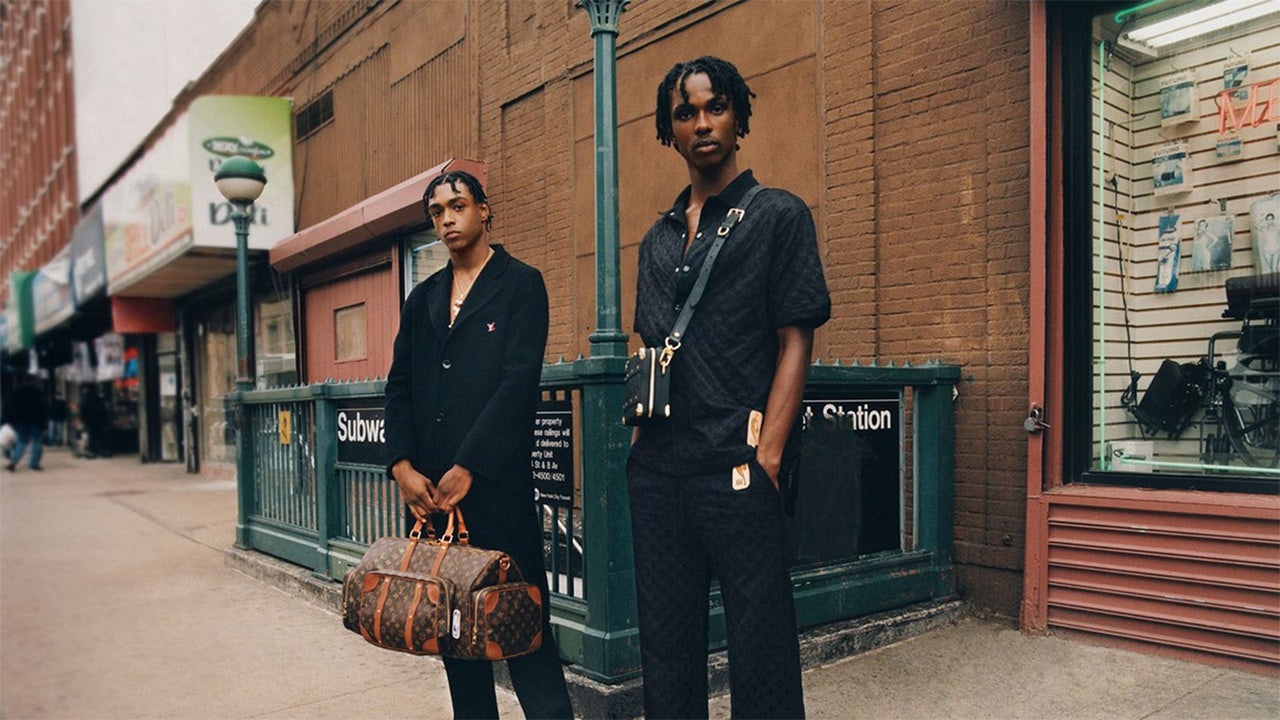Key Takeaways:#
For luxury brands, accessing an athlete's reach is key, but the tenacity of their fans' engagement reflects how intense their desire is to develop meaningful relationships with these stars.
Luxury brands can develop original content as part of intriguing and engaging storytelling campaigns, enabling the viewer to immerse themselves in the emotions of a world-class athlete.
China’s obsession with celebrities has primarily centered on models, actors, and singers. But sports celebrities are on the rise, and their less conspicuous influence might be a good option for brands if China’s crackdown on "fan culture" continues.
Luxury brands have long used elite sporting icons to reach global audiences. Roger Federer is a prime example; he is a brand ambassador for a range of luxury brands, including Rolex, Mercedes-Benz, Moët & Chandon, Netjets, and Rimowa.

Federer represents performance at the highest level, which provides a strong match between one of the most successful tennis players of all time and a luxury brand's preferred image. In fact, this formula has become a best practice for luxury brands that want to be associated with values of perfection and professionalism.
And this phenomenon has wide-ranging implications, particularly in China. According to Nielsen, 45 percent of Chinese respondents under 30 years old would choose a sponsor’s product versus a rival brand if price and quality were identical. Here, Jing Daily has analyzed the five ingredients luxury brands can leverage to deliver a positive return on investment with sports sponsorships.
Engagement#
Many professional athletes enjoy a high level of celebrity status in China. Mailman’s Red Card report identified Cristiano Ronaldo as the most followed international football player on Weibo. However, a key metric is also gauging the quality of their followers. Emma Raducanu found fame when she won the 2021 US Open Tennis Championship as an unseeded teenager. And now, as a House Ambassador for Tiffany & Co., her youth coupled with her fluency in Mandarin enables her to connect naturally with a younger demographic in China. An athlete's reach is key, but the tenacious intensity of engagement reflects how much fans desire to bond and develop meaningful relationships with them.
Synergies#
Marketers are keen on measuring the effectiveness of sports sponsorships in terms of sales. However, luxury brands need to consider the impact of an athletic collaboration on their overall brand equity. The LV x NBA Pre-Fall 2021 collaboration was positioned by Louis Vuitton as “a tribute to pop culture, fashion, and basketball.” It is no coincidence that NBA basketball happens to be the most popular sport in China. Image transfer (or co-branding) needs to get factored into the design of a sponsorship strategy as positive synergies can help luxury brands achieve image credibility on a global scale.

Storytelling#
Luxury brands can develop original content as part of intriguing and engaging storytelling campaigns. SK-II features the Chinese female swimmer Liu Xiang in its short film series “VS Obsession,” which highlights the social pressures women face. It is the personal story of a world-record holder that is both authentic and riveting. The film's narrative enables the viewer to immerse themselves in the emotions of a world-class athlete, offering a deeper connection than those portrayed in the lifestyle images in most celebrity campaigns.
New Demographics#
Sporting partnerships enable luxury brands to influence new but also hard-to-reach demographics. Nielsen reports that 32 percent of China’s urban population is interested in football, of which 36 percent are high-income earners. So it is no surprise that Dior is the official tailor to the Paris Saint-Germain (PSG) football team. Similarly, Shiseido Men is the official skincare and makeup partner for FC Barcelona. These types of niches are abundant thanks to sports, and they are only limited by a brand's unoriginal thinking.

Patriotism#
Sports sponsorship can also resonate with patriotic sentiments, and these emotions can be a gift to smart luxury brands. The recent announcement that Zhou Guanyu will join Alfa Romeo to become Formula One's first Chinese driver next season received widespread media attention. Not surprisingly, national pride was evident in netizens' social media posts. Meanwhile, the 2021 F1 Global Fan Survey revealed new and younger audience growth in China, and Formula 1 has recently extended its contract with the Chinese Grand Prix until 2025. Astute luxury brands will surely be watching Zhou Guanyu’s progress with much interest.
China’s obsession with celebrities has primarily centered on models, actors, and singers. But sports celebrities are now on the rise, and their less conspicuous influence might be a viable option if China’s crackdown on "fan culture" continues. Many elite sporting professionals could also serve as positive role models for China's youth.

Sports sponsorship, whether through a player, team, league, or grand tournament, provides luxury brands with a different way to connect to consumer emotions. The 2020 Olympic Games held in Tokyo clearly showed that there is no shortage of talent in China. And the upcoming 2022 Winter Olympics in Beijing might help luxury brands spot the next elite athlete like Emma Raducanu — or even the next Roger Federer. Game on!
Glyn Atwal is an associate professor at Burgundy School of Business (France). He is co-author of Luxury Brands in China and India (Palgrave Macmillan).

